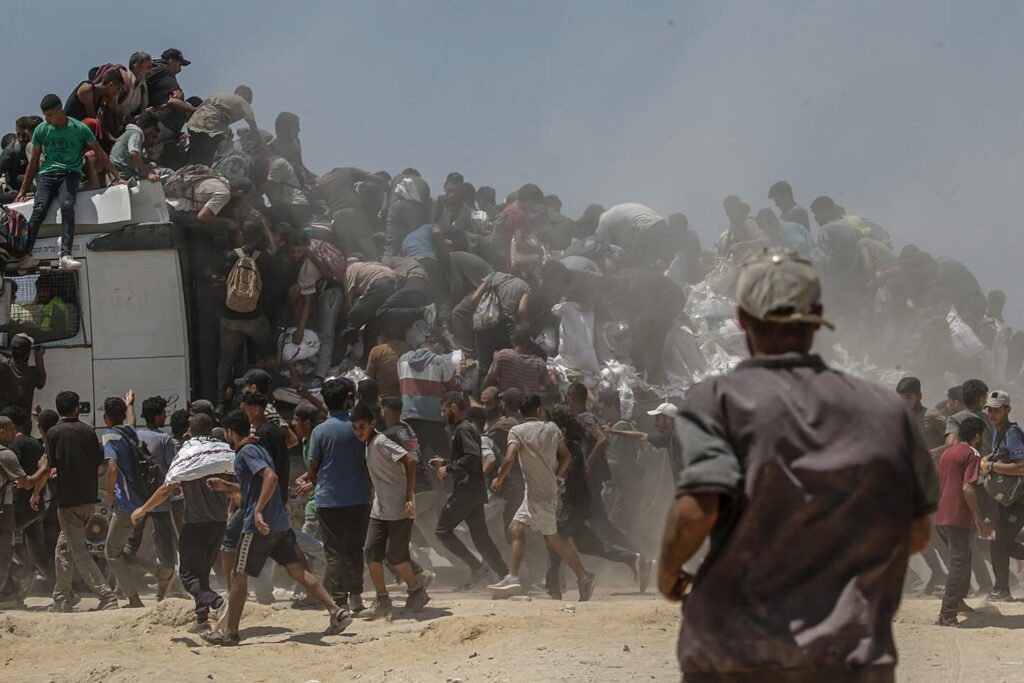The Financial Times has revealed that the Boston Consulting Group (BCG) developed a controversial model aimed at relocating hundreds of thousands of Palestinians from Gaza Strip to other countries, including Somalia and Somaliland.
According to the report, the project was prepared for a number of Israeli business leaders who were planning for Gaza’s reconstruction after the war.
The group’s estimates suggest that 25% of Gaza’s population — roughly half a million people — may wish to leave the Strip, and that most of them would not plan to return.
Details of the Plan and Proposed Countries
The model, which also included the United Arab Emirates, Egypt, and Jordan among potential host countries, covers:
- Costs of air and sea transportation.
- Construction of temporary or permanent housing.
- Provision of food and basic services.
Boston Consulting Group estimates that host countries could achieve economic returns of up to $4.7 billion within the first four years of receiving Palestinians.
The plan is expected to be presented to the U.S. administration and other governments involved in the Gaza issue.

Controversial Background
Boston Consulting Group, headquartered in the United States, is no stranger to criticism.
It has been previously linked to the “Gaza Humanitarian Foundation“, which, according to UN and media reports, was accused of “exploiting aid for political and military purposes”.
Some of its initiatives reportedly led to overcrowding among aid seekers and the deaths of hundreds.
Despite accusations of involvement in a “forced displacement scheme,” the group maintains that its support for the foundation was pro bono, and that some activities were “later carried out without authorization.”
Boston Consulting Group later issued a statement distancing itself from the modeling project, claiming it was prepared outside the company’s official approval channels.
Obstacles to Implementation
While Israel and the United States continue to float the idea of relocating Gaza’s population to other countries, finding a host nation remains the most significant challenge to implementing such a project. Particularly amid the legal and ethical debate surrounding the issue of forced displacement.








